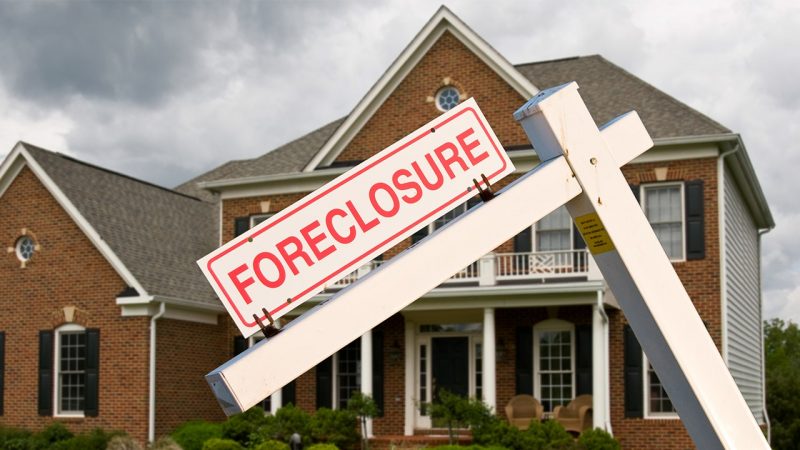About 1.4 million residential properties in the U.S. sit vacant, comprising about 1.4% of the housing inventory. These “zombie foreclosures” continue to represent only a minuscule part of the nation’s housing stock, a new report from ATTOM Data Solutions shows.
Nearly 300,000 residential properties in the U.S. are in the process of foreclosure in the first quarter of this year, up 31% from a very low rate in the first quarter of 2021, according to the report. Among the preforeclosure properties, 7,363 were vacant in the first quarter of 2022, which is up 10.3% annually.
But “even with foreclosure activity rising, it doesn’t seem likely that we’ll see a significant increase in the number of zombie properties,” says Rick Sharga, executive vice president of RealtyTrac. “Zombie status is most likely during a long, protracted foreclosure process, but with $23 trillion in homeowner equity, and demand outstripping supply, most distressed borrowers should be able to sell their home at a profit before the process drags on.”
With soaring home prices, seller profits often exceed 40%, ATTOM says. With buyers flooding the market, any foreclosed homes are being snatched up quickly as well.
Still, economists warn that the number of zombie foreclosures could rise this year as lenders pursue homeowners who have fallen behind on their mortgage payments after moratoriums due to the pandemic.
Nevertheless, “the problem of empty properties in foreclosure and the blight they can cause still remains off the table almost everywhere in the country,” says Todd Teta, chief product officer with ATTOM. “You’d need to search far and wide in most communities to find even one. But the rosy picture is again in danger. That’s because foreclosure activity has started to kick upward since the moratorium was lifted. While it’s unlikely that a tidal wave of zombie properties is headed our way as the economy improves, the number seems likely to head up to some degree this year. It will depend on how fast the courts process cases and how many delinquent homeowners can catch up on mortgages.”
Source: ATTOM Data Solutions













